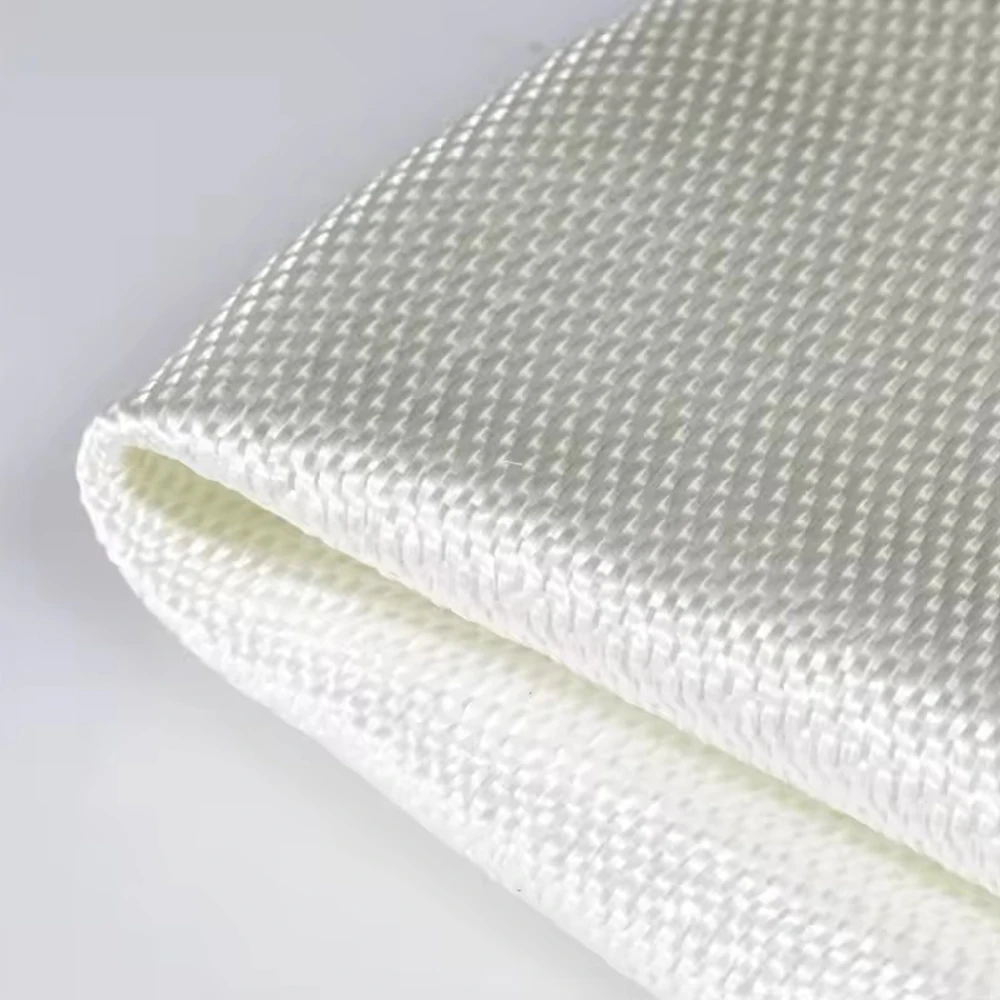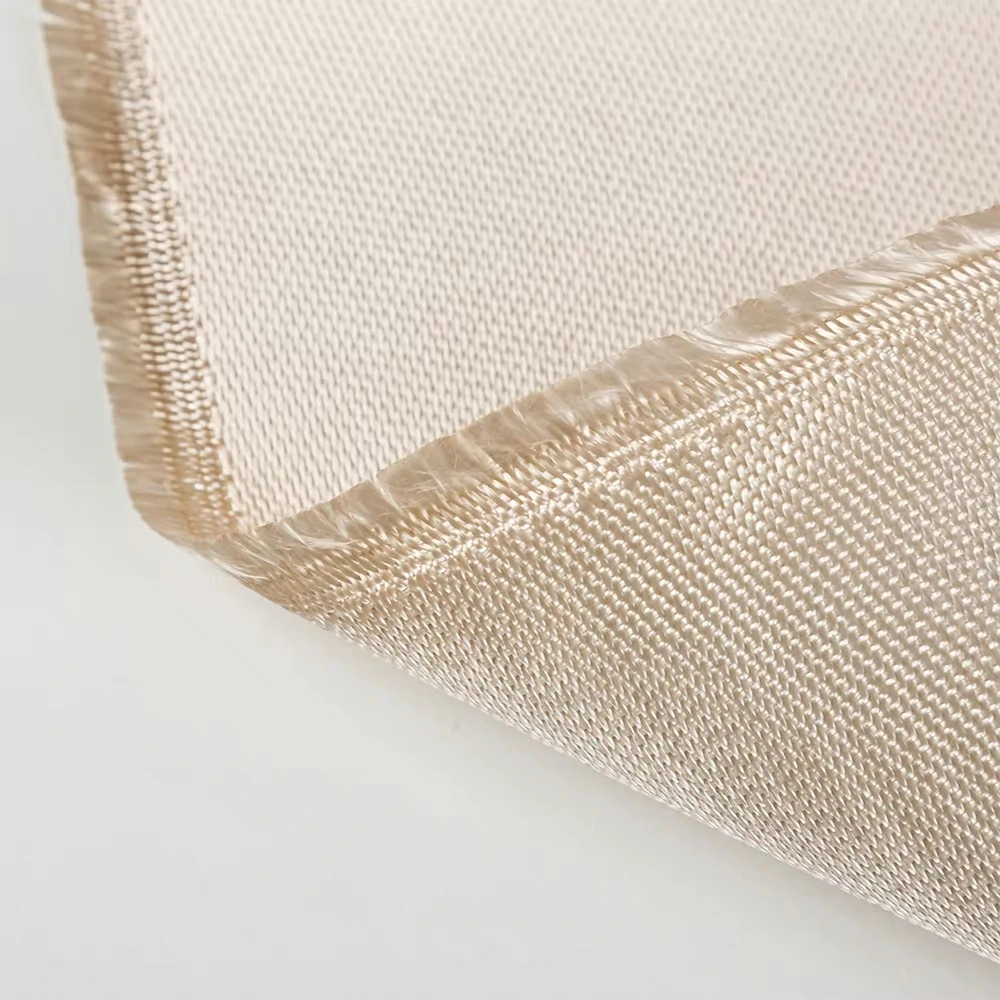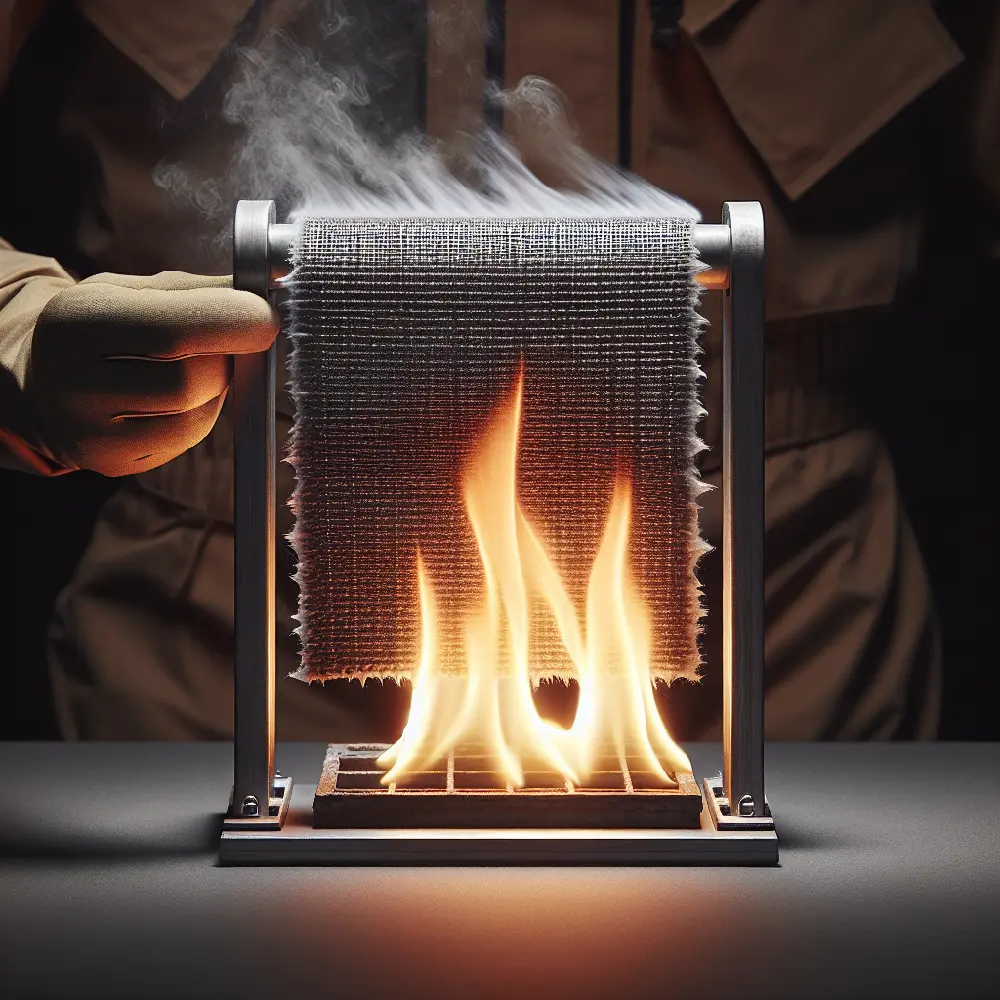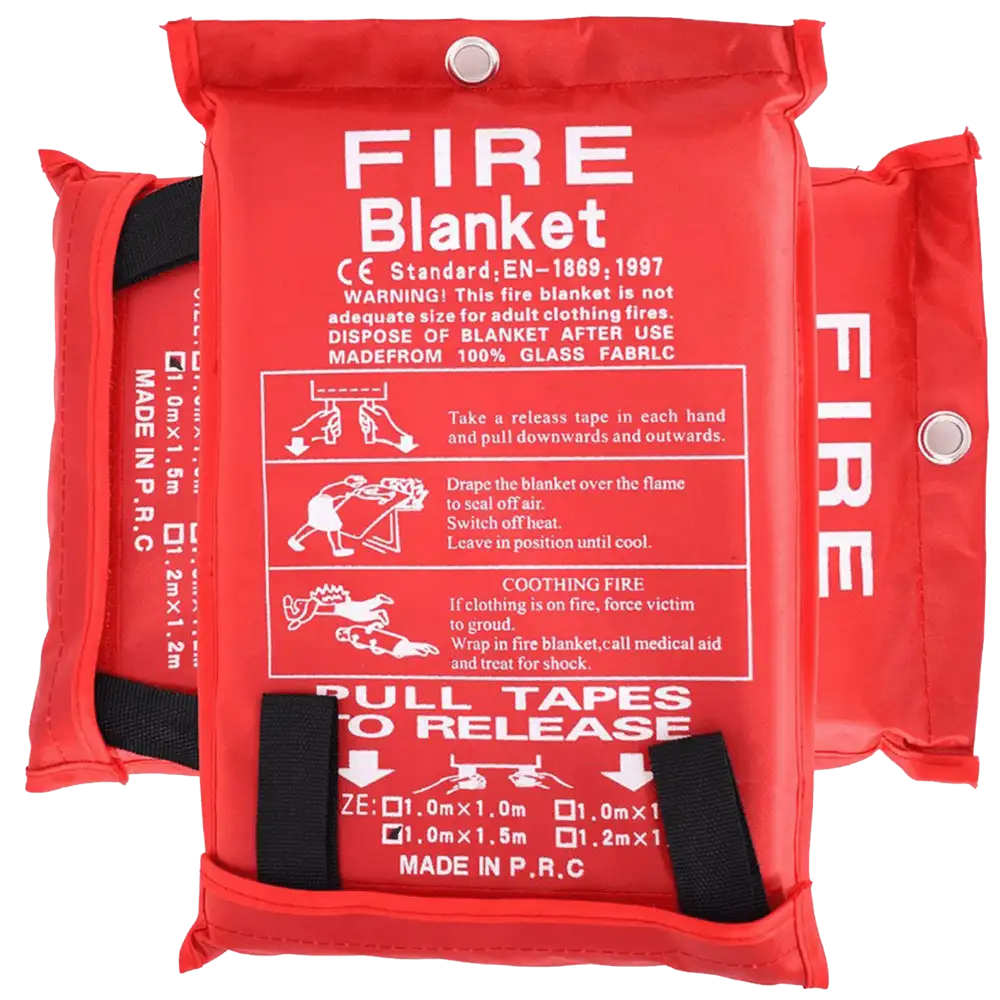Thermal insulation is key to maintaining comfortable indoor temperatures. Using materials like mineral wool or batt insulation reduces heat transfer, and enhances energy efficiency. Whether it's preventing heat gain in summer or curbing heat loss in winter, the right type of insulation ensures consistent temperatures and reduced energy bills. It's a silent guardian in homes, making both heating and cooling more effective.
What Does Thermal Insulation Mean?

Thermal insulation is a method used to prevent heat transfer from one area to another. It involves the use of materials designed to reduce the rate of heat transfer, ensuring that space remains warm in cold conditions and cool in hot conditions. The primary objective is to provide comfort, and energy efficiency, and to protect the contents or structures from temperature extremes. thermal insulation acts as a protective barrier, reducing the transfer of heat. It's the unsung hero ensuring our homes remain cozy, whether warding off winter's chill or summer's heat.
These insulation materials, whether in batts or rolls, have special insulating properties. They're designed to reduce heat transfer, ensuring both reduced energy consumption and increased energy efficiency. Some materials, like radiant barriers, even reflect away thermal radiation.
So, in a nutshell, thermal insulation keeps our indoor temperatures just right, promoting comfort and energy savings.
Working Principles of Thermal Insulation

Picture this: On a chilly winter day, you step onto your attic floor, expecting a cold shock, but instead, you feel an even, mild temperature. Or perhaps on a sizzling summer afternoon, your living room stays comfortably cool without the air conditioner running overtime. It's not magic; it's the science of thermal insulation at play.
At the heart of this comfort are insulation materials, each crafted with distinct insulating properties to ensure optimal temperature regulation. Let's dive into the science of how thermal insulation works its wonders:
1. Conduction: Recall those science lessons about how heat spreads? It moves through materials by making their molecules jiggle and dance. But materials like slag wool or mineral wool, known for their high-temperature resistance, are like the bouncers at a club. They slow down this molecular party with their low thermal conductivity. In places like wall cavities, where batt insulation is often snugly fitted, this principle ensures reduced heat transfer. The result? Your home retains its warmth in winter and coolness in summer.
2. Convection: Imagine a hot air balloon rising. This is because warm air rises, and cool air sinks. Insulation materials, especially those in batts or rolls, trap pockets of air, acting like a gentle hug around your home. By preventing or significantly reducing the movement of this air, they combat the natural tendencies of convection, ensuring consistent temperatures.
3. Radiation: Think of radiant heat as invisible waves of thermal energy. On a sunny day, this is the warmth you feel from the sun, even without direct contact. Some types of thermal insulation, especially radiant barriers, have a shiny, reflective surface. Their job? To reflect this radiant heat away, countering the effects of thermal radiation. It's like having a shield that bounces back the sun's warmth, keeping interiors cooler.
In essence, thermal insulation is a blend of science and art. It combats heat gain, reduces heat loss, and promotes energy efficiency. Whether it's the batt insulation in our wall cavities or the radiant barriers on an attic floor, these materials ensure heating and cooling efficiency. The outcome? Reduced energy consumption, increased comfort, and a nudge towards a greener planet.
What Materials Are Used In Thermal Insulation?
Imagine stepping into your attic floor on a blistering summer day, and instead of being met with overwhelming warmth, you're enveloped in a comforting cool. Behind this miracle stands a silent architect: thermal insulation materials. The materials chosen to shield us from the harsh extremities of nature's temperatures are varied and versatile, each tailored for a specific need. Here are some common materials :

Silicone Coated Fiberglass Fabric: Silicone Coated Fiberglass Fabric to withstand high temperature, this material offers robust insulating properties. Easy to install, it forms a barrier, preventing heat from making its way into our cozy interiors.
Silica Fabric: Known for its supreme high-temperature resistance, silica fabric stands defiantly against thermal energy. It's like the castle wall, steadfastly guarding against the siege of heat.
Fiberglass Mat: Dive beneath many an attic floor, and you may find this hidden gem. With its excellent thermal resistance, the fiberglass mat ensures that the dance of convection, the ebb and flow of warm and cool air, doesn't disturb our indoor serenity.
Vermiculite Coated Fabric: A champion when it comes to insulation works, Vermiculite Coated Fabric reduces heat transfer efficiently. It's like having an expert negotiator, convincing the heat to stay out.
Mineral Wool: This includes both slag wool and mineral wool. Treasured for its insulating properties, it's a favorite for those keen on energy efficiency and reducing energy consumption.
Cellulose: A green warrior, cellulose is an eco-friendly insulation material. Derived from plants, it's both kind to the environment and formidable against heat gain.
Polyurethane Foam: Often sprayed into wall cavities, this type of insulation is a master at sealing spaces, ensuring heat loss remains a story of the past.
Polystyrene: Lightweight yet mighty, polystyrene boasts of stellar thermal conductivity. It acts as a radiant barrier, reflecting away unwanted thermal radiation.
Natural Insulators: Mother Nature too has her solutions. Materials like wool and cotton not only ensure reduced heating in our spaces but also nod to sustainability.
Comparison based on their composition, melting point, flash point, K-Value, and R-Value:
|
Name |
Silicone Coated Fiberglass Fabric |
Silica Fabric |
Fiberglass Mat |
Vermiculite Coated Fabric |
Mineral Wool Just crosses 490°F. |
Cellulose |
Polyurethane Foam |
Polystyrene |
Natural Insulators (like Wool) |
|
Composition |
This is fiberglass with a stylish coat of silicone. |
Born from crystalline silica, this fabric boasts purity. |
Made of intertwining glass fibers, it's both delicate and robust. |
An intriguing fusion of fabric and vermiculite particles. |
A harmonious blend of slag wool and rock. |
Essentially, recycled paper's encore. |
A symphony of organic compounds. |
A clever concoction of aromatic polymers. |
Nature's bounty, examples include wool or straw. |
|
Melting Point |
Holding steady at 1,000°F. |
Reaches a striking 3,000°F. |
Not too shabby at 1,300°F. |
Climbs to 2,500°F. |
Roughly 2,150°F. |
A humble 450°F. |
A modest 240°F. |
Steadily at 464°F |
Varying, with wool at about 1,382°F. |
|
Ignition Point |
Around 1,150°F. |
Slightly above 3,200°F. |
Approx. 1,450°F. |
Circling around 2,700°F. |
Edging close to 2,250°F. |
Just crossing 490°F. |
Around 300°F. |
Around 680°F. |
For wool, it hovers near 1,400°F. |
|
K-Value |
0.035 W/m·K. |
0.025 W/m·K. |
0.040 W/m·K. |
0.037 W/m·K. |
0.038 W/m·K. |
0.055 W/m·K. |
0.020 W/m·K. |
0.033 W/m·K. |
0.040 W/m·K. |
|
R-Value |
4.5 per inch. |
5.5 per inch. |
4 per inch. |
4.3 per inch. |
4.2 per inch. |
3.8 per inch. |
6 per inch. |
5 per inch. |
4 per inch. |
In our quest for comfort, these insulation materials play a pivotal role. Whether we're warding off the winter chill or the summer sizzle, the types of thermal insulation available are our allies. They promise reduced heating costs, stable heating and cooling, and a sustainable future. So, the next time you revel in the perfect indoor temperature, remember the silent guardians, the materials that stand between us and nature's whims, ensuring we're always just right.
Types of Insulation and Their Applications
T his quest for the perfect indoor climate isn't a one-size-fits-all journey. Just as a tailor chooses the right fabric for a garment, the world of insulation offers a diverse wardrobe of materials, each designed for specific needs and scenarios. Let's take a stroll through this landscape of thermal insulation solutions.

Blanket Insulation: Think of this as the cozy quilt on a cold winter's night. Usually presented in batts or rolls, this type of insulation snugly fits between the studs, joists, and beams of our homes. Often made from materials like slag wool or mineral wool, it boasts of great thermal resistance, making it a go-to for many homeowners.
Spray Foam Insulation: Akin to watching bread rise in the oven, spray foam insulation starts wet but soon expands into a solid foam. It's like the wizard of insulation, magically filling gaps, and ensuring reduced energy consumption. And the best part? It adapts to every nook and cranny, offering unparalleled sealing.
Rigid Foam Insulation: If our homes were art canvases, the rigid foam would be the broad strokes of paint. Used in large sheets, it's a fortress for roofs and walls, shielding them from external thermal energy. With high-temperature resistance, it stands tall against both heat gain and heat loss.
Reflective or Radiant Barrier: Imagine a shield, reflecting the fiery arrows of the sun. Especially handy in hot climates, these barriers bounce back radiant heat, keeping interiors cool and ensuring energy efficiency. It's like having sunglasses for our homes, stylishly deflecting unwanted thermal radiation.
Loose-Fill Insulation: Sometimes, retrofitting older homes requires a gentle touch. Loose-fill insulation, blown into spaces with special equipment, offers this soft approach. Whether filling wall cavities or settling on the attic floor, it's all about precision and adaptability.
Structural Insulated Panels (SIPs): Think of SIPs as the LEGO blocks of the insulation world. Pre-made panels, easy to install, come together to form walls, ceilings, and floors. They're a testament to modern engineering, combining insulating properties with structural integrity.
Choosing the right type of insulation is like selecting the perfect attire for an occasion. Whether preventing heat, ensuring reduced heating, or striving for increased energy savings, each insulation material plays its part in the grand symphony of heating and cooling. They stand guard, ensuring our comfort, and whispering tales of innovation, science, and sustainability.
Critical Benefits of Thermal Insulation Materials

Imagine walking into a house and being enveloped by a warm embrace, even on the coldest of winter days. Or think of a summer afternoon, where indoors feels like a refreshing oasis, untouched by the scorching sun outside. The unsung hero behind these comforting scenarios? Thermal insulation materials.
Energy Efficiency: At the heart of insulation's magic is its prowess in energy efficiency. Whether it's the mineral wool snugly fitted into wall cavities or the radiant barriers reflecting away the thermal radiation, insulation works diligently. It reduces the relentless dance of heat gain and loss, ensuring that our homes need less heating or cooling. This not only conserves energy but also translates to a noticeable shrinkage in our utility bills.
Comfort: Beyond the tangible benefits, insulation crafts an intangible luxury: comfort. With its high-temperature resistance and stellar insulating properties, it maintains a consistent indoor temperature. Be it the batt insulation in our attic floor or the special equipment used to blow in loose-fill insulation, each type of insulation promises a cocoon of comfort.
Environmental Impact: In today's age of heightened environmental consciousness, insulation wears the cape of a green warrior. By significantly reducing our need for heating and cooling, it ensures that we draw less energy from power grids. This domino effect culminates in a reduction in greenhouse gas emissions, making our planet breathe a little easier.
Sound Insulation: And the wonders don't stop at just temperature control. Many insulation materials double up as sound barriers. Whether it's the hustle and bustle of city streets or a neighbor's party, insulation materials stand guard, ensuring our peace and tranquility.
Protection: Insulation's job description goes beyond just temperature. It's a shield, protecting our homes from potential threats like fire, moisture, and even some pesky pests. With thermal insulation, our homes not only feel safer but genuinely are.
Economic Savings: If insulation were a financial advisor, it'd be the best in the business. By ensuring reduced heating and promoting energy efficiency, it promises a future with reduced energy bills. It's an investment that keeps giving back, season after season.
In the grand tapestry of home construction, thermal insulation materials might seem like a mere thread. But, as we've seen, these threads weave together to craft a blanket of benefits. From tangible savings to intangible comforts, from being environmental stewards to soundproofing maestros, insulation materials are truly the unsung champions of modern living. At Heaterk, products have unique advantages: a rich product line, years of manufacturing experience, multiple certifications, and customized solutions. Learn more about Heaterk.
 Understanding Fiberglass: Fire Safety and Heat Resistance
Understanding Fiberglass: Fire Safety and Heat Resistance
 Top 5 Heat-Resistant Wonders: How High Silica Fiberglass Fabric Excels in Extreme Temperatures!
Top 5 Heat-Resistant Wonders: How High Silica Fiberglass Fabric Excels in Extreme Temperatures!
 Is Kevlar Fireproof? Unveiling the Truth Behind Kevlar's Flame Resistance
Is Kevlar Fireproof? Unveiling the Truth Behind Kevlar's Flame Resistance
 Do Fire Blankets Work? Understanding Their Functionality and Benefits
Do Fire Blankets Work? Understanding Their Functionality and Benefits